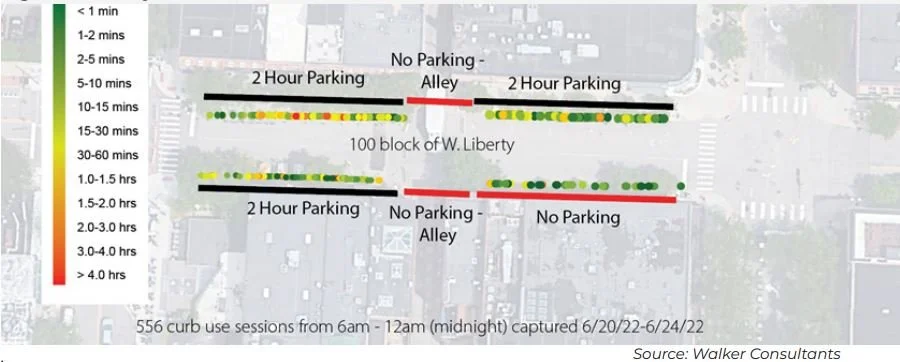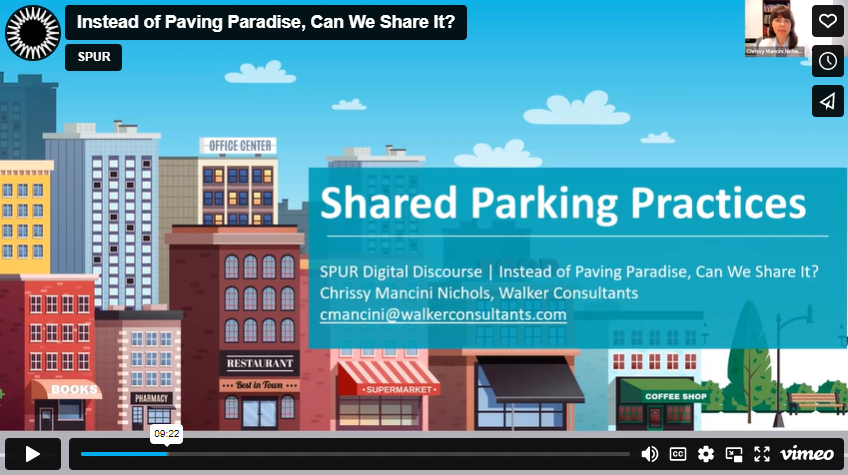Seattle's New Curbside Climate Plan
I had the opportunity to work with the Seattle Dept. of Transportation and C40 Cities to develop Seattle’s Zero Emissions Freight Program. Read about the initiative and the full report.
Background
The City of Seattle has an ambitious goal that 30 percent of all commercial goods delivery be zero emissions by 2030. Freight and commercial goods are an important and growing part of the economy, but also a significant contributor to emissions and poor air quality. The City of Seattle Department of Transportation (SDOT) set out on a research study to understand how to overcome these challenges to chart a path forward in support of zero emissions freight, with a focus on zero emissions loading zones and e-cargo bikes. To understand the structures necessary, I and my team at Walker worked with SDOT and C40 cities (a network of mayors of nearly 100 world-leading cities collaborating to confront the climate crisis) to develop an implementation plan for zero emissions loading zones and e-cargo bike delivery.
The project focused on a policy analysis and research effort, one-on-one interviews and surveys with stakeholders, a peer review analysis of other cities who implemented zero emissions delivery programs, and a multi-day data collection effort tracking commercial delivery patterns throughout the City.
Recommendations identify pathways that the City can use to incentivize the private sector to make investments in their fleets and systems, while also ensuring that small to medium businesses are supported by City programs. Each recommendations is estimated to eliminate between 10 and 30 million pounds of carbon dioxide emissions by 2030.
Based on the study, the City understands the necessary policy, administration, and engagement considerations to begin implementation of zero emission loading zones and e-cargo bike deliveries. The plan is a key element of the City’s Curbside Management 2023 Climate Plan.



